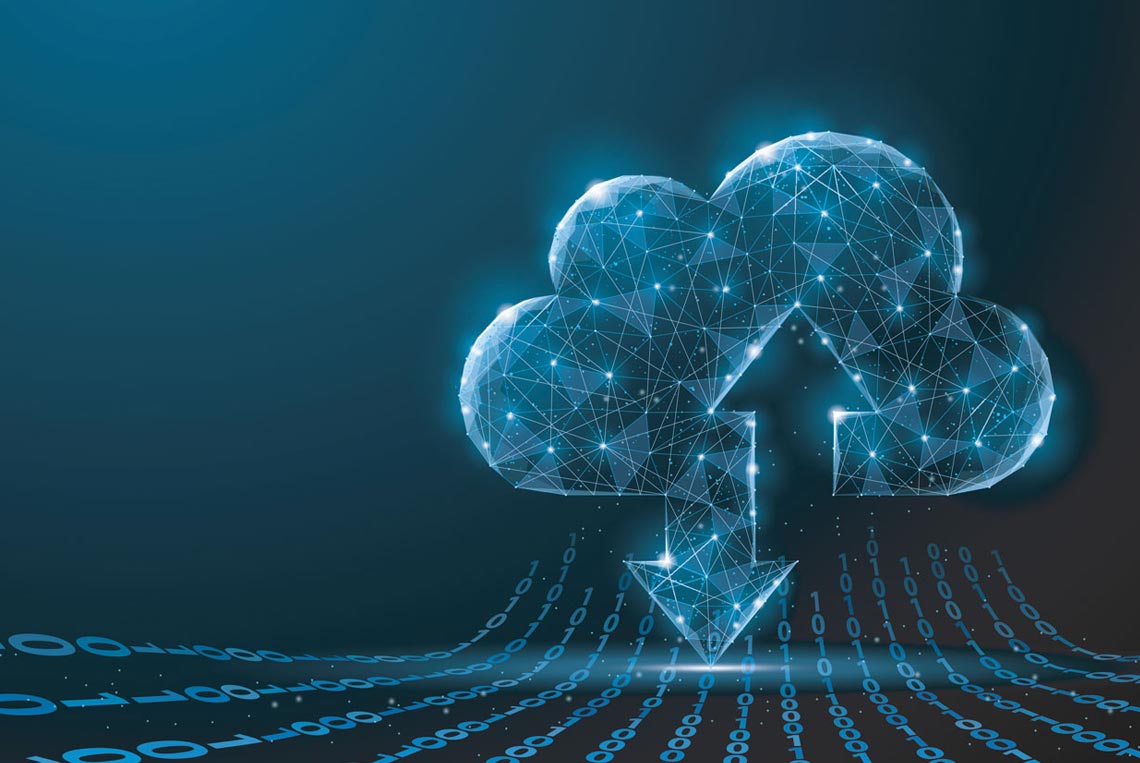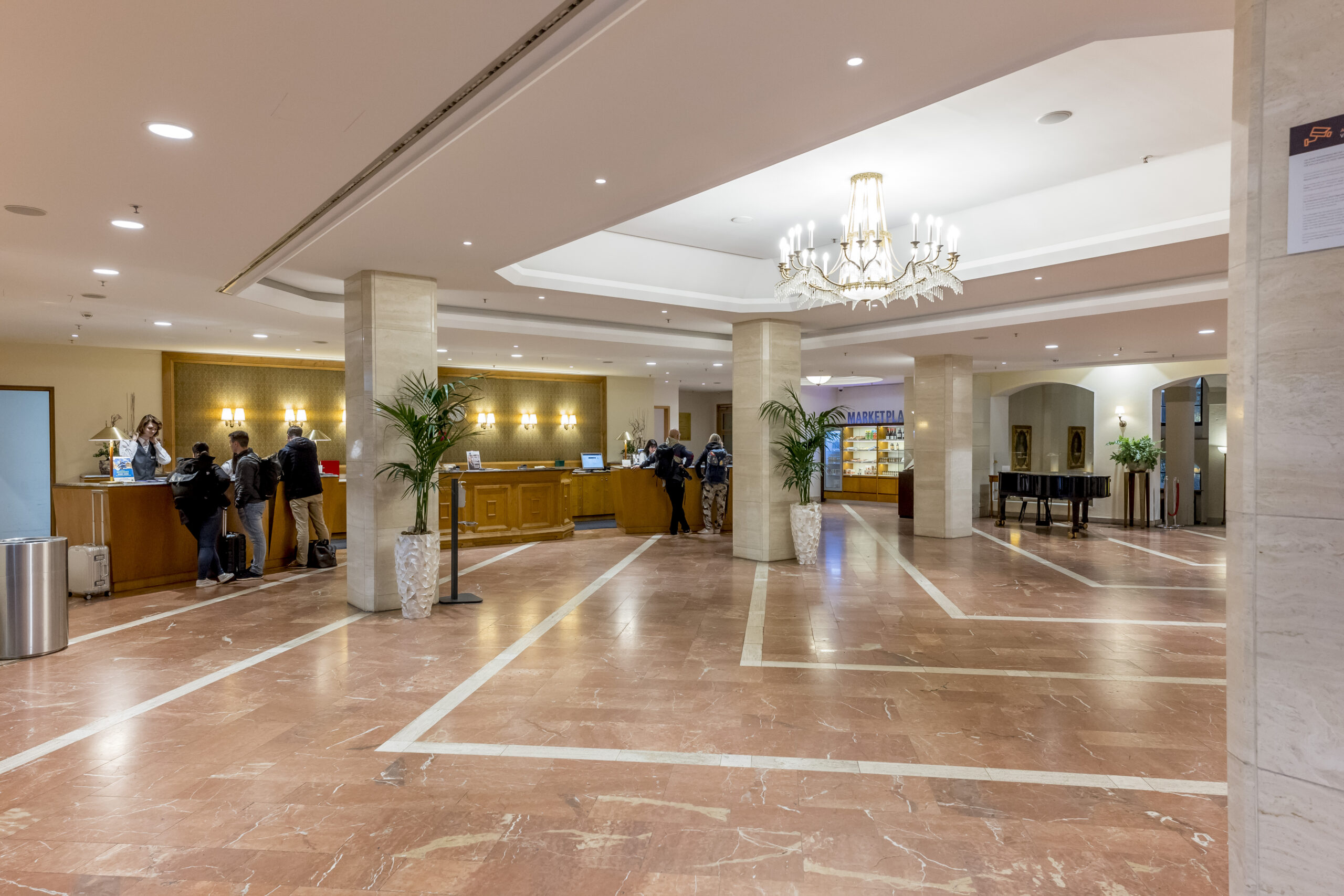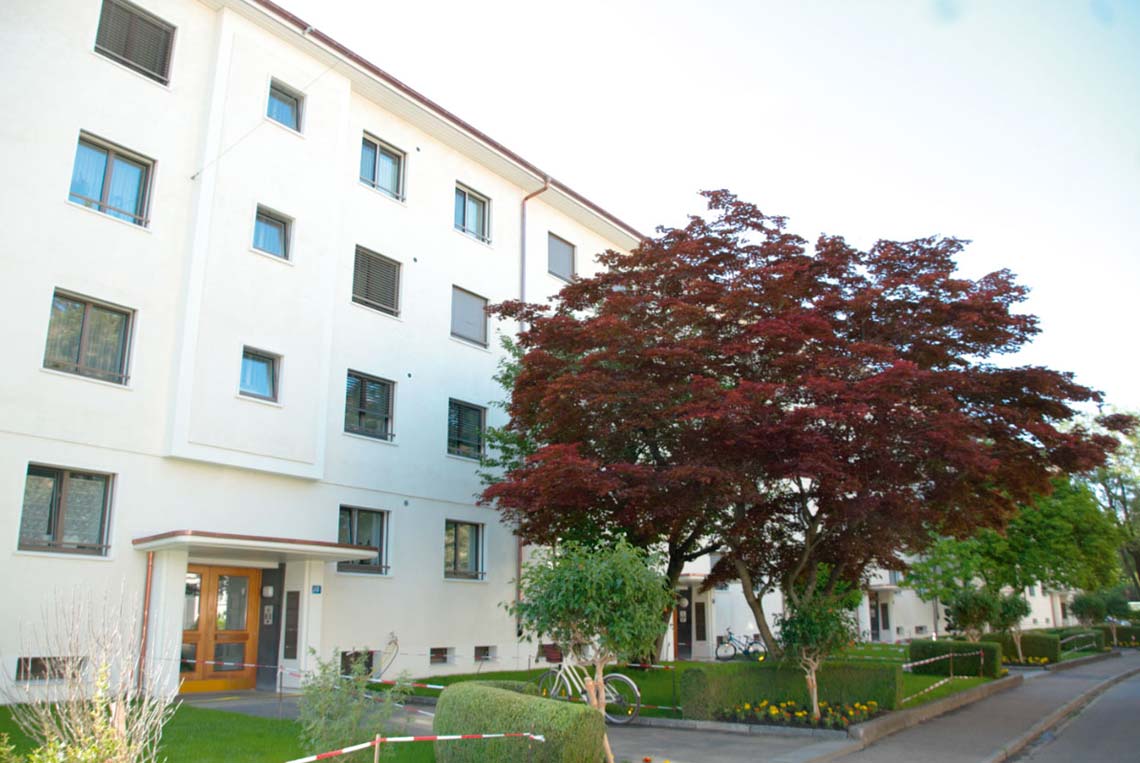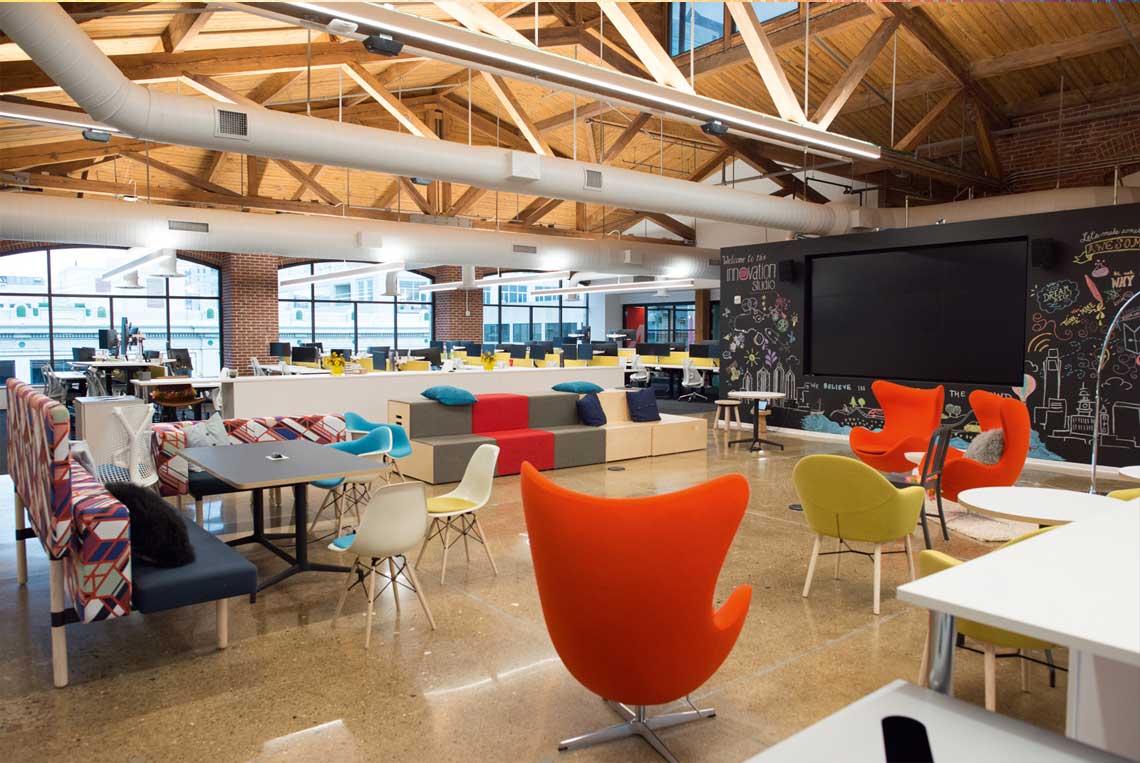Living smarter in rental homes: Deutsche Wohnen installs MIA in Berlin
Issue 01-2019:
read all articles online
read as pdf
Everyone is talking about the smart home, not least because of Apple’s HomeKit and Amazon’s Alexa. But when it comes to rental homes, who benefits from the smart technology?
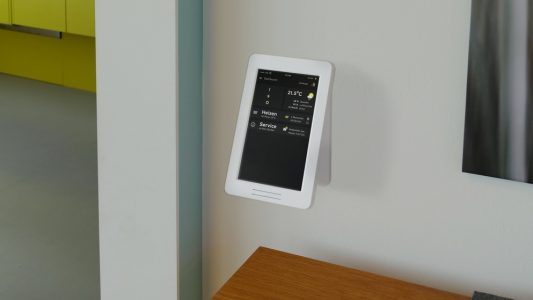
Fifty-seven percent of Germans are convinced that smart home applications will be found in nearly every household a few years from now (source: Bitkom Research 2018). Residential property company Deutsche Wohnen shares this expectation, and in a first phase has been installing its MIA smart home heating controller in approximately 3,000 homes since the fall of 2018.
When discussing modern heating controllers, automatic blinds, a video intercom or voice control for older or handicapped tenants, the technology’s benefits quickly become clear. But many of the devices to be controlled belong to the landlord or a real estate company. Of course, this limits the ability of tenants to take action on their own, since they have to restore everything to its original condition before moving out.
Unlike some competitors, who usually mount tablet computers on the wall, Deutsche Wohnen has developed a central heating console that can be installed without any new cables, similar to a light switch, and therefore functions as a retrofit for the rental property.
The display makes the system easy to operate but also permits direct control and turns off when not in use. The residential property company’s objective is to maintain the property’s value, improve its ecobalance and thereby provide attractive living spaces with the lowest possible subsidiary costs. The main beneficiary of this approach is the tenant.
Property management – an attractive market?
The top ten property management companies handle between them approximately one million apartments. Considering that the total number of homes is around 35 million, this figure seems small at first glance. Unlike in classic sales channels, however, the operator model lacks an intermediate stage, which means that the economies of scale and efficiency are enormous. But even here, a number of important requirements must be taken into account.
The sensors and actuators have to meet the latest version of the EnOcean specifications. The key considerations are security, remote maintenance capability and configuration for operator use. For example, it is important to be able to set the intervals at which the information of a heating controller is transmitted.
The age of the “smart rental home” has thus already begun, and the manufacturers within the EnOcean Alliance are playing a key role here.
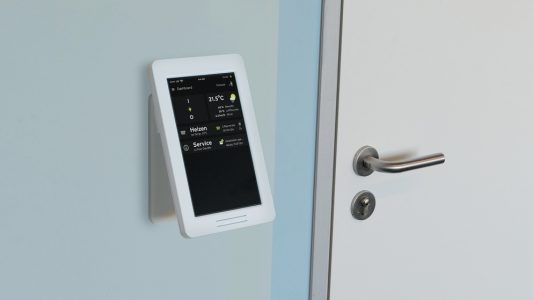
New articles in Smart Building
Top articles
